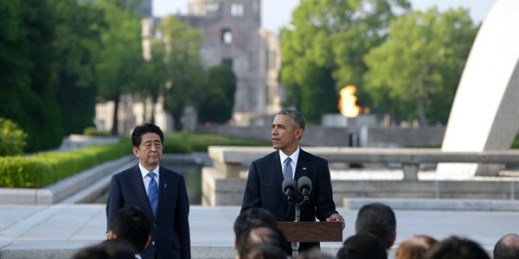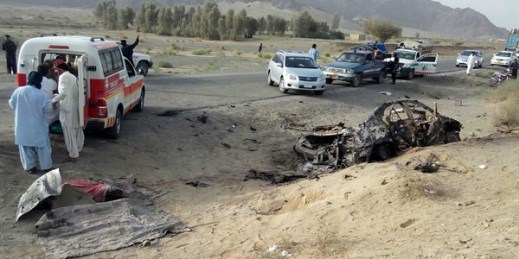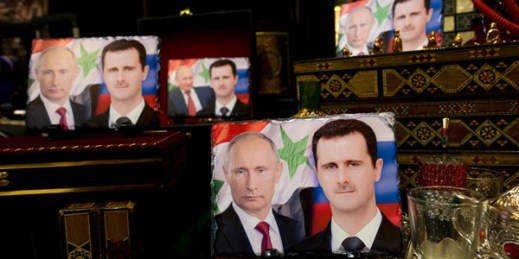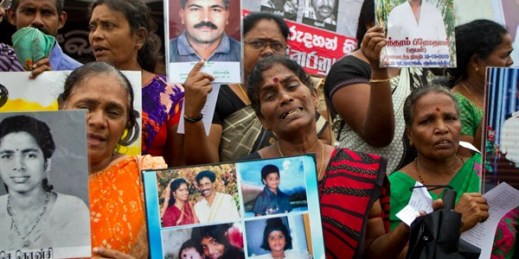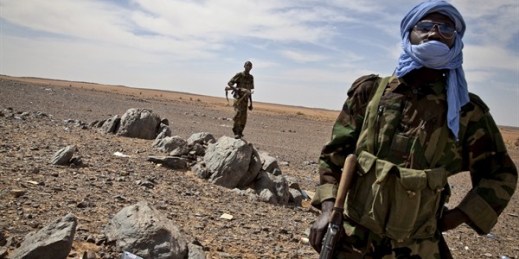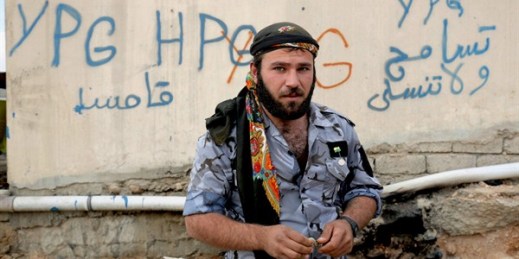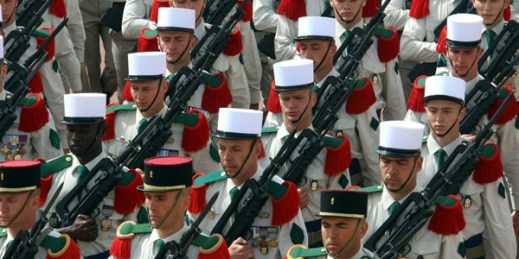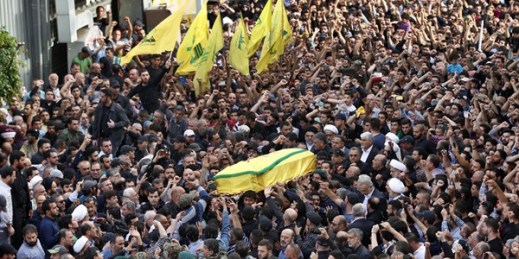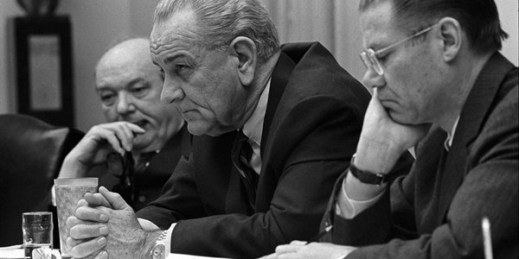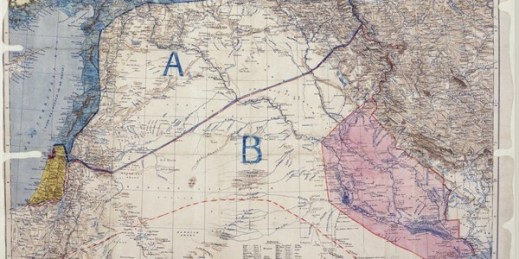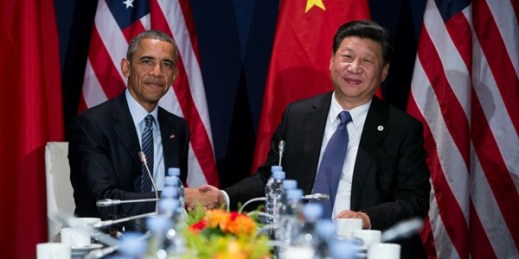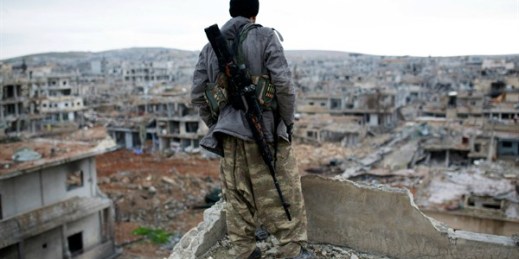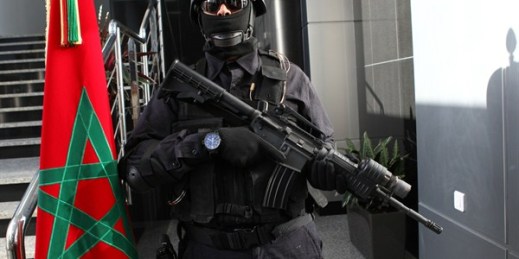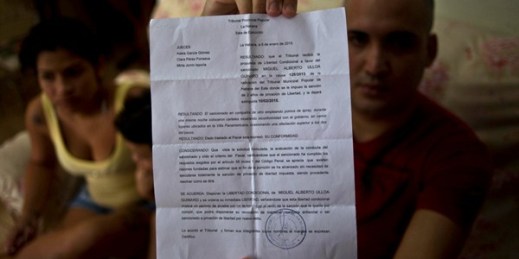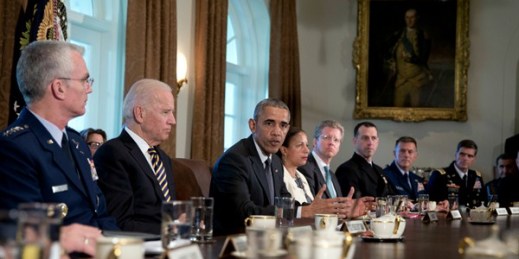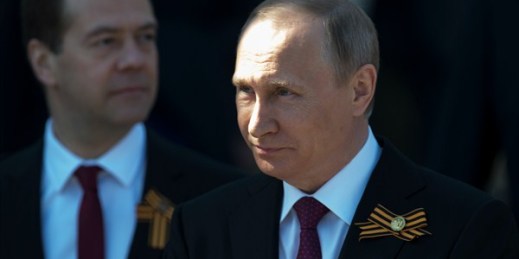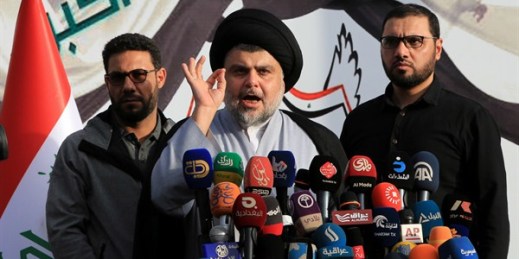
A key character from the Iraqi insurgency is back center stage in Baghdad, but what does it mean? The re-emergence of Muqtada al-Sadr, the 42-year-old Shiite cleric notorious for his firebrand rhetoric and command of a feared militia, the Mahdi Army, has sparked all kinds of coverage. Sadr has been compared to an “Iraqi Gandhi”—an evolution, in the same headline, from “rabid warlord.” His apparent reinvention from militia leader to “shrewd political operator” has people asking, again, whether he is the most powerful man in Iraqi politics. The return of this “old provocateur” in February amid streets protests outside Baghdad’s […]

